ETtech State of Startups Survey 2022; revisit this year’s top-level movements
Also in this letter:
■ Who’s in, who’s out? Revisit the top-level movements this year
■ Platforms, experts wary of BIS guidelines for online reviews
■ Large packaged goods firms plan D2C forays
ETtech State of Startups Survey: conserve cash, cut burn, turn profitable
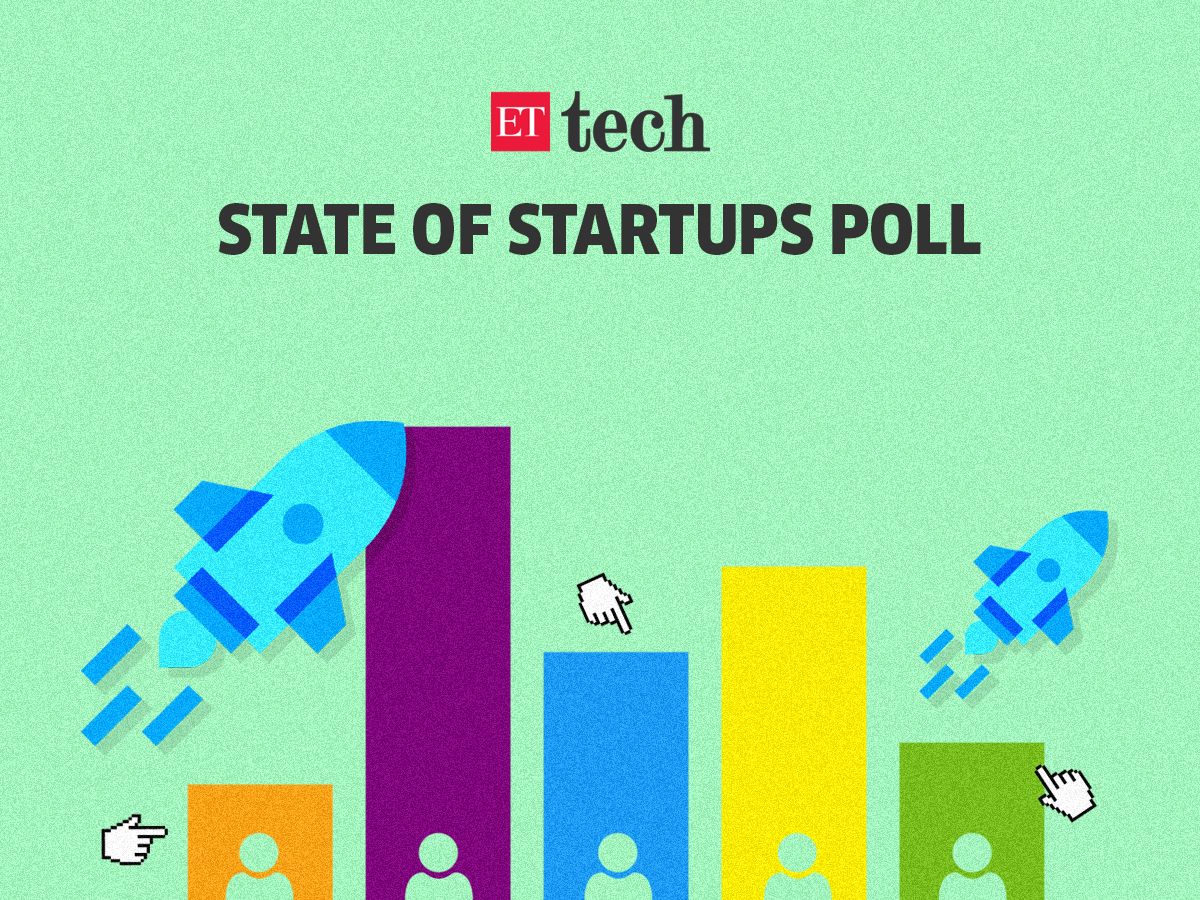
Conserve cash, cut burn and turn profitable. This was the common refrain among India’s top founders, investors and internet executives in ETtech’s annual State of Startups survey.
The poll, which sought responses from over 60 key people, comes amid one of the worst downturns for the technology industry globally.
By the numbers: As companies tighten their belts, 64% of respondents said the funding crunch may ease in the second half of 2023, while 21% felt it could become worse; 11% said the environment will remain the same as this year.
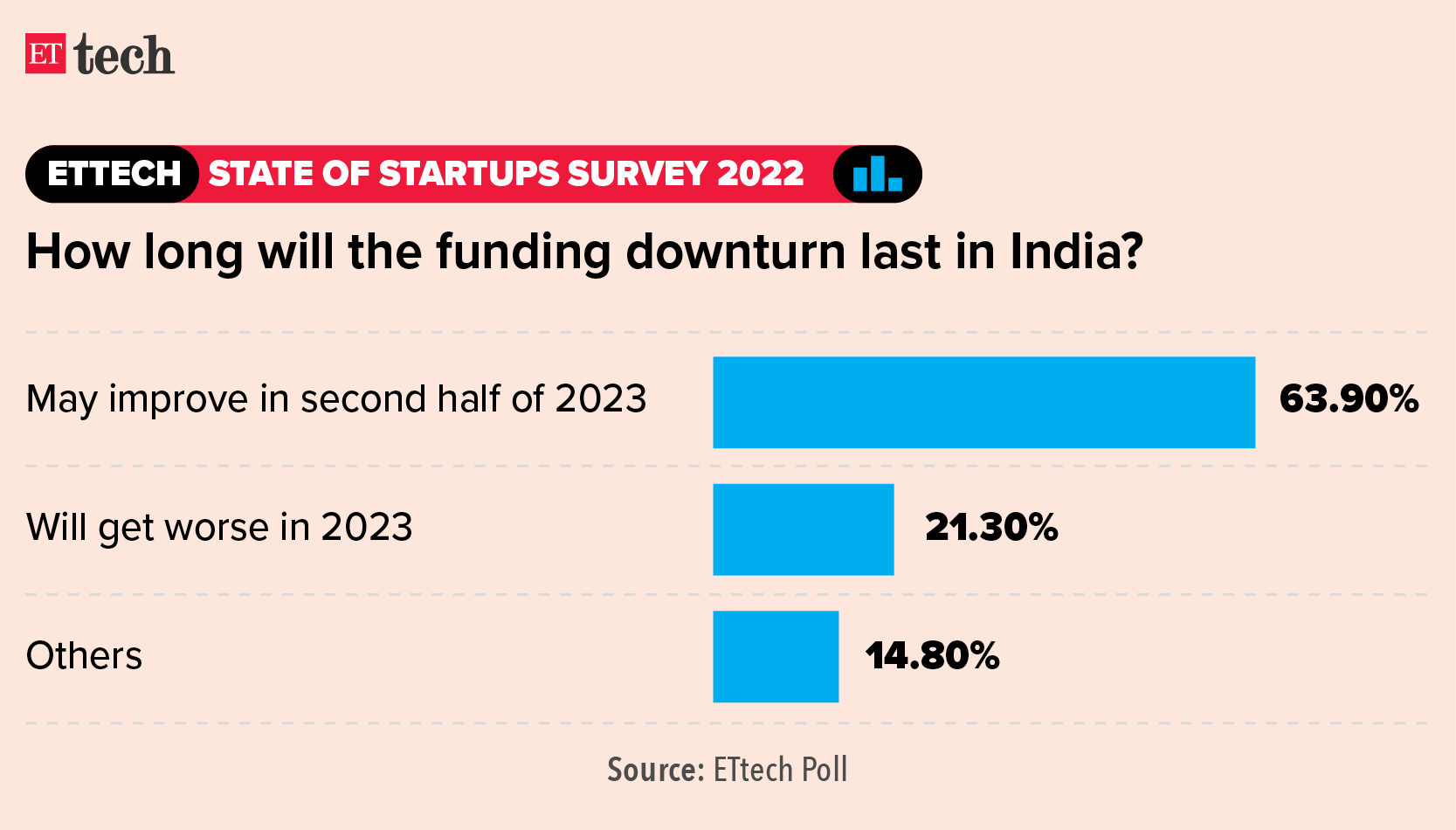
Investor skittishness has made most founders with adequate cash runway say they would avoid fundraising for the next six months. Around a quarter of them said they may still consider trying to mop up new capital.
About 87% of those polled said they would not shy away from shutting down unviable businesses and restructuring their organisations.
Top takeaways: The biggest takeaway from 2022 is “do fewer things, conserve cash and focus on profitable growth,” said one founder. “De-couple your business and strategy in anticipation for the next funding round,” said another.
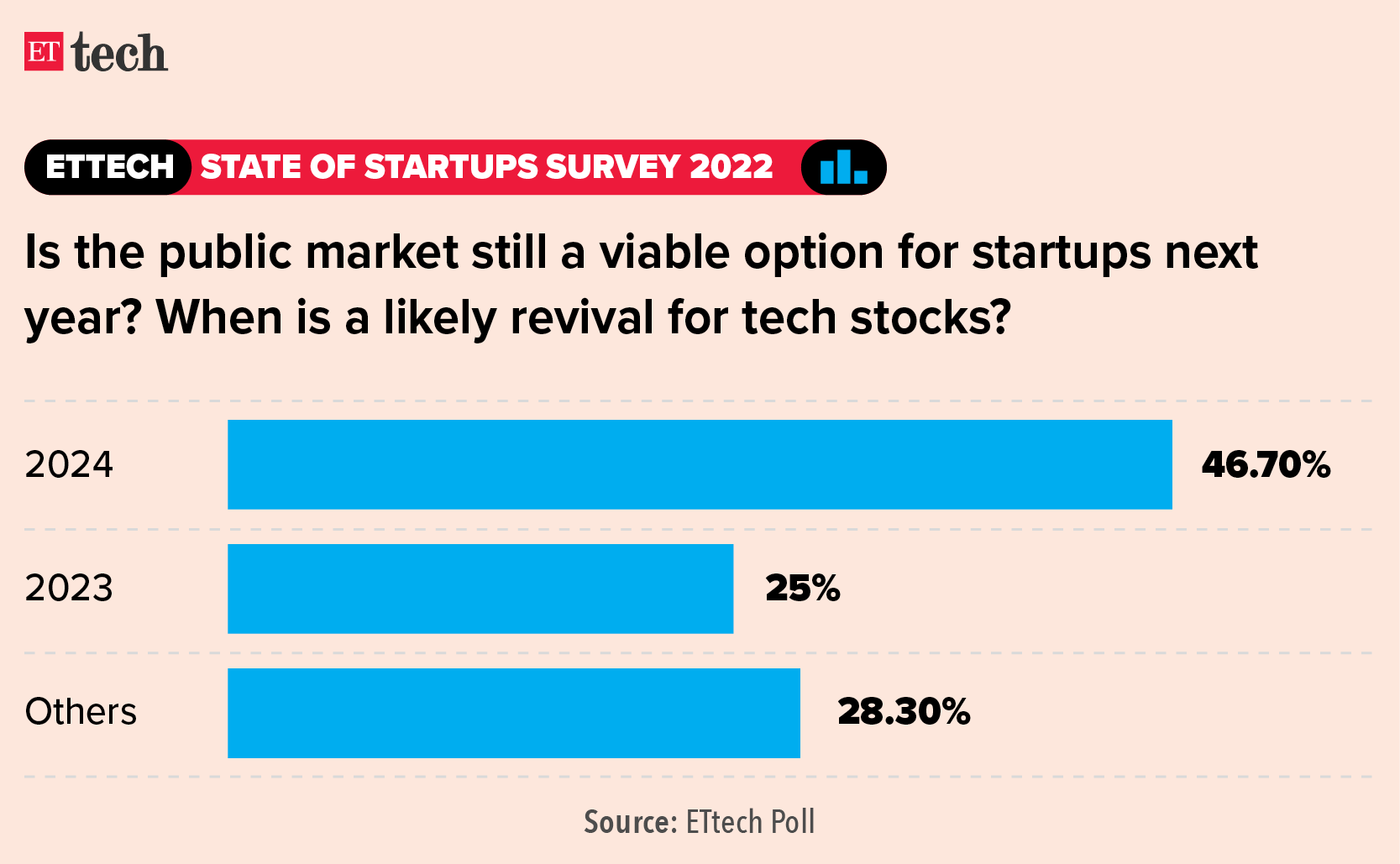
“Moving up every revenue-driving initiative and retiring every non-essential cost,” said Saahil Goel, founder of logistics aggregator firm Shiprocket, when asked about his priorities in 2022.
“Focus on core markets and products along with better unit economics, and scale up what’s working,” said Varun Alagh, the cofounder of Mamaearth.
Who’s in, who’s out? Revisit the top-level movements this year
ETtech has put together its annual list of CXO-level exits and big movements in the startup and tech industry in collaboration with executive search firm Longhouse Consulting.
We have also compiled all the free agents who are looking for new opportunities, and the most significant open positions.
Meta exits: Top-level churn at social networking giant Meta’s India unit kicked off towards the end of the year, starting with vice president and managing director-India Ajit Mohan stepping down in November to join rival platform Snap as the president of Asia Pacific region. Mohan will join Snap in February.
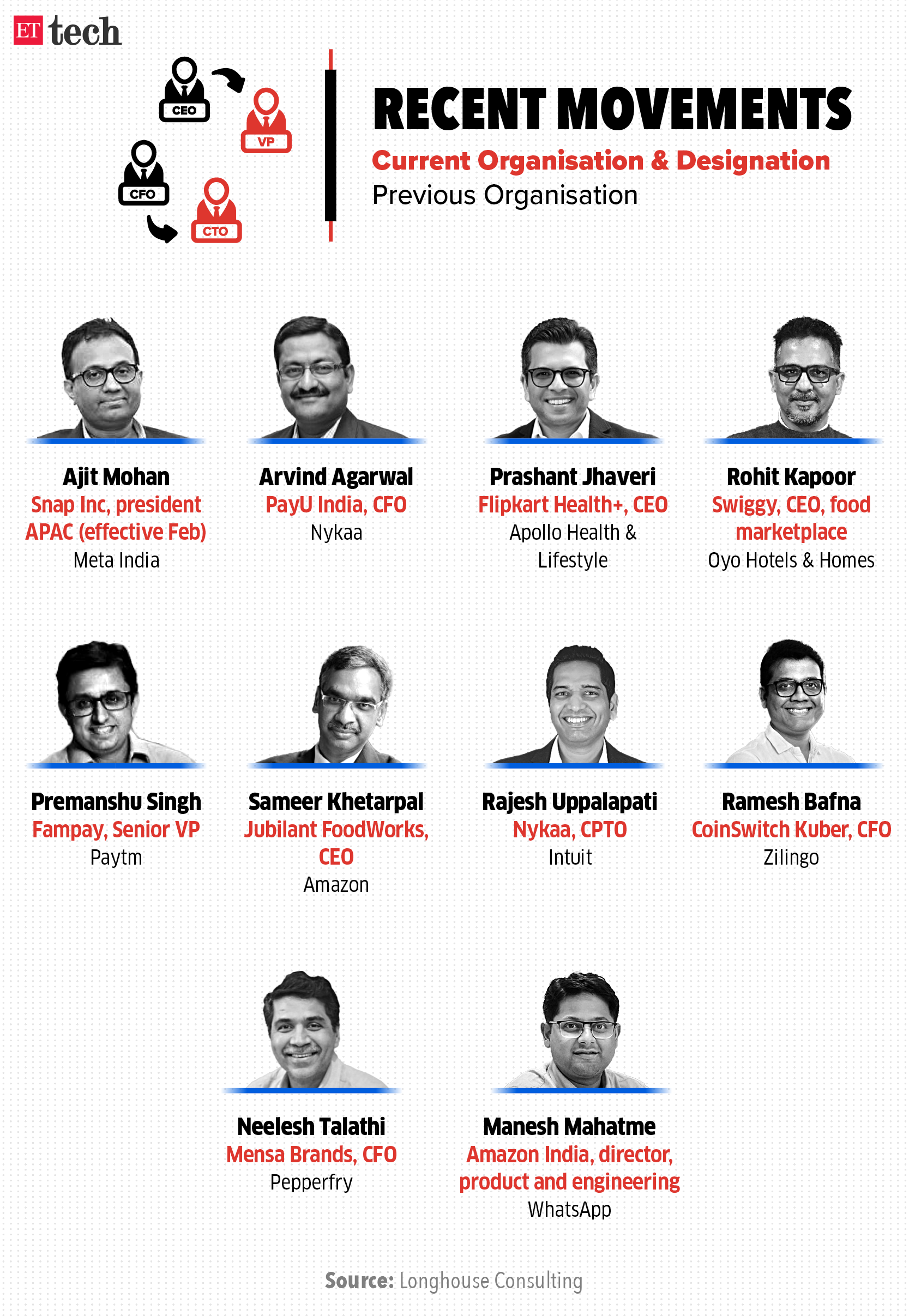
This was followed by the exits of WhatsApp’s India head Abhijit Bose and Meta India’s public policy head Rajiv Aggarwal, who quit and joined Samsung India as vice-president public affairs.
WhatsApp Pay’s director and head Manesh Mahatme also left his position in September to join Amazon India as director, product and engineering.
Other major movements: Chief financial officer of omnichannel beauty retailer Nykaa Arvind Agarwal, who saw the company through its bumper IPO, quit and joined fintech major PayU as its India CFO.
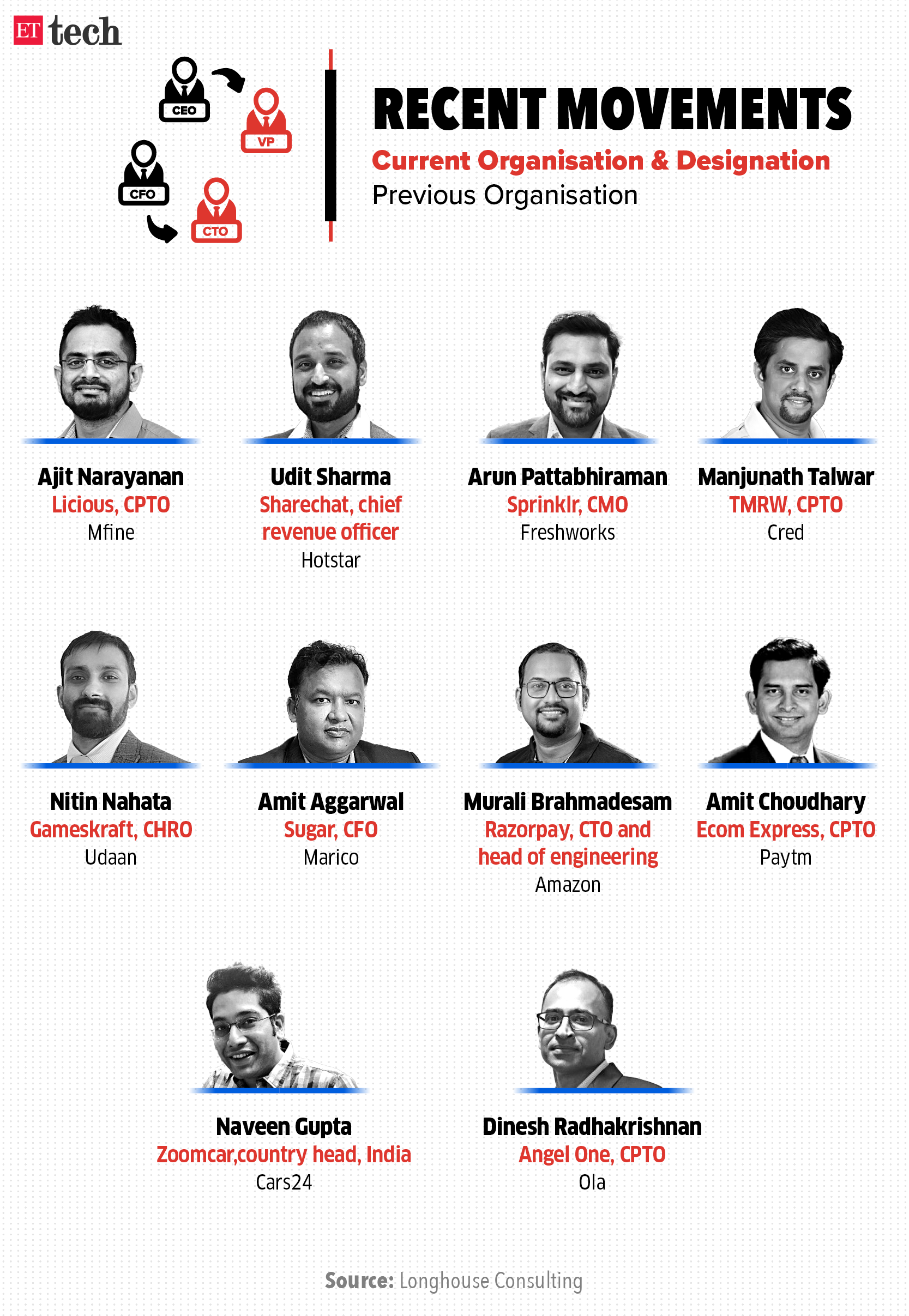
Amazon India’s director of grocery, food and health Sameer Khetarpal moved on to Jubilant FoodWorks as its CEO.
Platforms, experts wary of BIS guidelines for online reviews

Recent government guidelines that may end up making online reviews conform to norms from the Bureau of Indian Standards (BIS) could result in higher costs for even small online platforms that publish consumer reviews, experts said.
Catch up quick: The guidelines, published on November 23, are currently voluntary and non-binding on internet and ecommerce firms. They apply to any organisation that publishes consumer reviews online.
However, the guidelines are expected to be reviewed after six months and some fear they may be made mandatory, as we have previously reported.
Experts’ view: Legal experts said it remains to be seen how existing safe harbour provisions under the IT Act will interplay with BIS norms if it is made mandatory, and whether the government will clarify its position.
“The new BIS standards introduce a mechanism of filtering of reviews by review administrators. This would require significant investments from platforms of time, money and resources, and could be challenging for smaller players to implement,” said Tanu Banerjee, partner, Khaitan & Co.
Large packaged goods firms plan D2C forays

Large packaged goods companies such as Nestle, Panasonic, Dabur and Wipro Consumer said they were set to foray into or allocate significant investments in the direct-to-consumer (D2C) segment with their own micro-sites and launch online-only brands.
In doing so, they will join companies like Hindustan Unilever, ITC, Marico and Emami, which launched their own micro-sites about a year ago.
Who’s doing what: Santoor soap maker Wipro Consumer Care, which has invested in nutraceutical maker Powergummies, ayurvedic company TAC and men’s grooming start-up LetsShave, is looking at the D2C foods space for the first time in the coming year. The company had set aside Rs 200 crore for Wipro Ventures where it invests in start-ps, of which it still has Rs 100 crore to deploy.
Nestle, meanwhile, is testing a platform called MyNestl.
A spokesperson Panasonic, which has just launched its D2C platform in the country, said the company is looking to expand its direct-to-consumer range to include lifestyle and grooming products by the end of next month.
Govt to launch awareness campaign on crypto and online gaming

The Indian government will soon launch a campaign to raise awareness about cryptocurrencies and online gaming.
Driving the news: The Investor Protection and Education Fund (IPEF), which falls under the Ministry of Corporate Affairs, will launch an outreach campaign highlighting the legal status of cryptocurrencies and online gaming platforms, said a government official.
It is aimed at educating people about the risks of putting money into such assets and platforms.
Many retail investors in the country continue to invest in cryptocurrencies, despite the recent market turbulence and steps undertaken by the government and the RBI to discourage the asset class. It has also been observed the gaming platforms are offering products that may be construed as gambling and the same are even being advertised as ways for people to make extra money, said the official.
Significance: This is the first time that the IPEF is conducting a campaign about digital assets. It usually undertakes initiatives aimed at raising awareness about investing in public markets.
ET Ecommerce Index
We’ve launched three indices – ET Ecommerce, ET Ecommerce Profitable, and ET Ecommerce Non-Profitable – to track the performance of recently listed tech firms. Here’s how they’ve fared so far.
Other Top Stories By Our Reporters

Lionsgate Play targets double-digit share of OTT market: Lionsgate Play, the subscription video on demand platform from Lionsgate India, is targeting a double-digit share of the paid OTT market in the country. Rohit Jain, MD, Lionsgate South Asia, said the Indian SVOD market has 50–60 million paying subscribers, and the number of such customers is expected to rise to 75–80 million in the coming years.
HCL-WEF Fresh water challenge sees huge participation: HCL Corporation and the World Economic Forum’s $15 million Global Fresh Water Innovation Challenge, announced in May, is seeing huge interest from startups in India and the rest of Asia, South America and Africa, said stakeholders of the initiative.
Global Picks We Are Reading
■ Tesla extends shutdown at Shanghai plant in rare Christmas suspension (WSJ)
■ The most dangerous people on the internet in 2022 (Wired)
■ How Kindle novelists are using ChatGPT (The Verge)
For all the latest Technology News Click Here
For the latest news and updates, follow us on Google News.

